11 Top Beauty Treatments to Soothe Dry Skin
Dry skin can feel tight, rough, and sometimes flaky, making it uncomfortable throughout the day. It happens when the skin loses too much moisture or does not produce enough natural oils. Several factors can cause dry skin, including cold weather, low humidity, harsh soaps, and aging. Finding the right beauty treatments can help soothe and restore hydration to dry skin. This article will explore some of the best options to keep your skin feeling soft and healthy.
This post may contain affiliate links, which helps keep this content free. Please read our disclosure for more info.
Hydrating Facial Masks
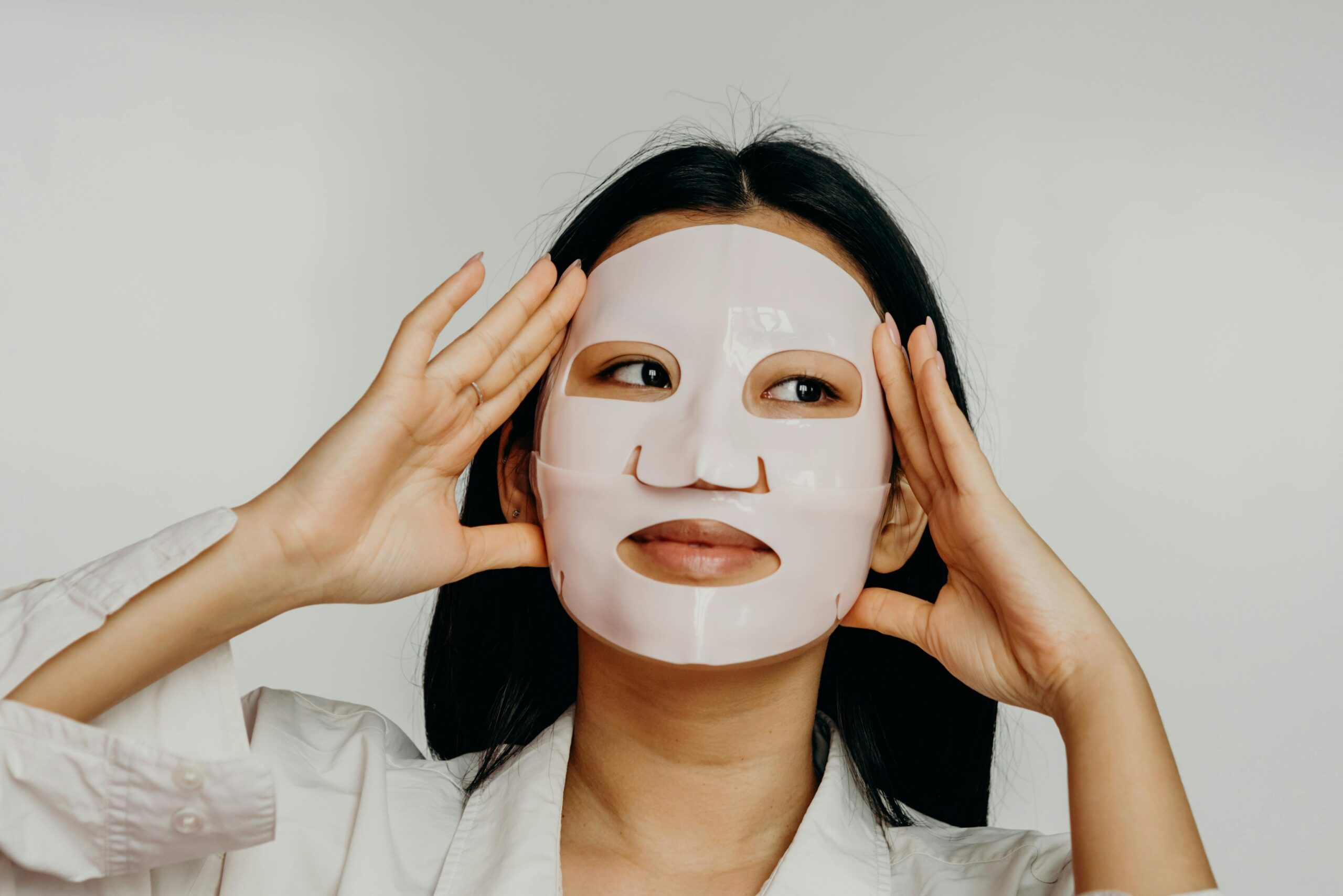
Hydrating facial masks are designed to deliver intense moisture directly to dry skin. These masks often contain ingredients like hyaluronic acid, aloe vera, and glycerin that help attract and hold water in the skin. Using a hydrating mask once or twice a week can improve skin texture and reduce dryness. They provide a soothing effect, making the skin feel refreshed and softer.
Many masks come in sheet or cream form, making them easy to apply at home. Some also include antioxidants to protect the skin from environmental damage. It is important to choose a mask that suits your skin type to avoid irritation. Regular use can support the skin’s natural barrier and improve overall hydration.
Gentle Exfoliation
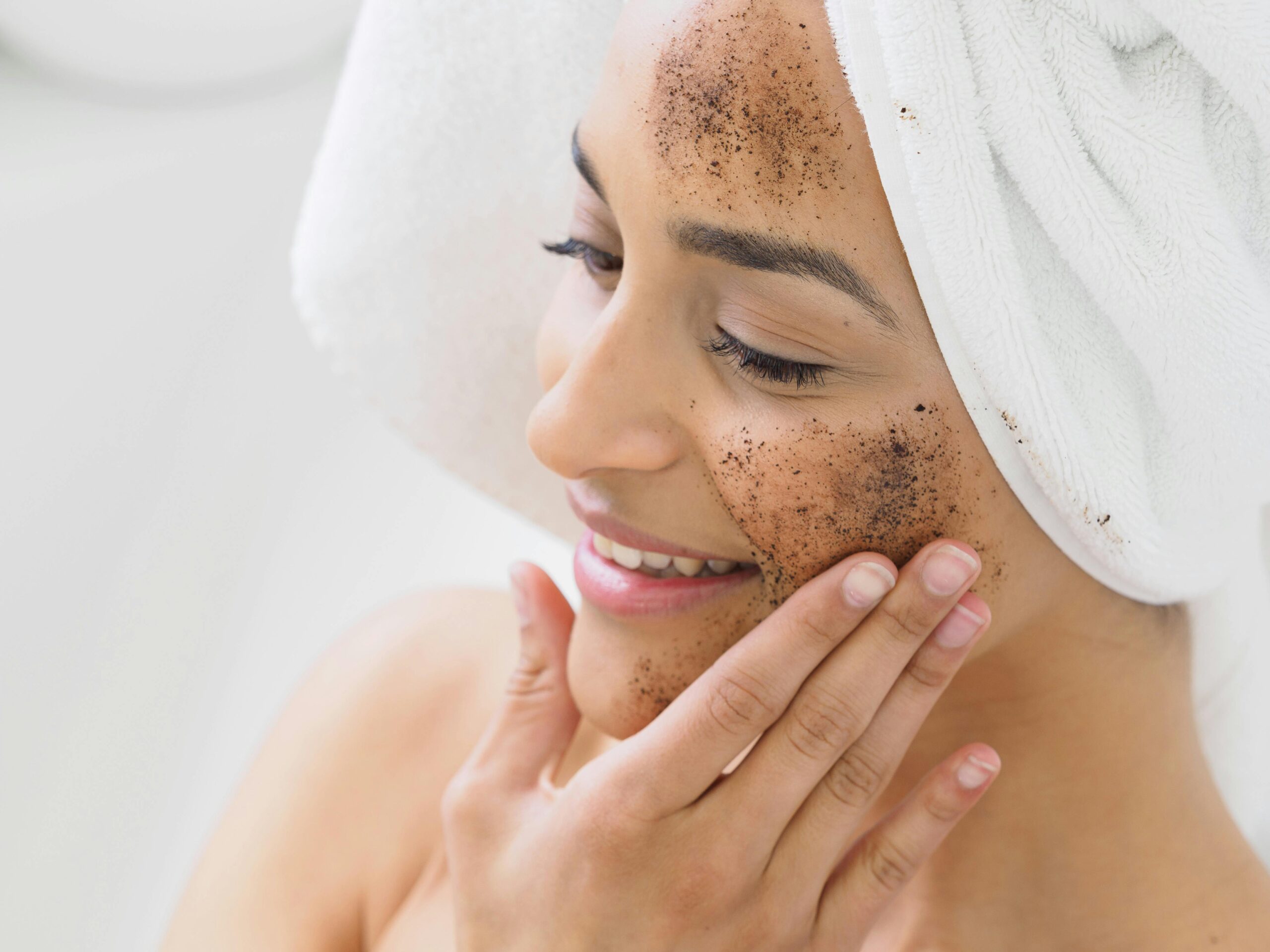
Gentle exfoliation removes dead skin cells that can build up and make dry skin look dull or flaky. Products with mild ingredients like lactic acid or enzyme-based exfoliants work well without causing irritation. Exfoliating once a week helps skin absorb moisturizers better and reveals a brighter complexion. Avoid harsh scrubs that can strip away essential oils.
Exfoliation should be done carefully to prevent worsening dryness. It is best to follow up with a rich moisturizer to lock in hydration. Some exfoliating treatments also include calming ingredients like chamomile or calendula. Over-exfoliating can damage the skin, so it is important to listen to your skin’s needs.
Rich Moisturizers with Ceramides
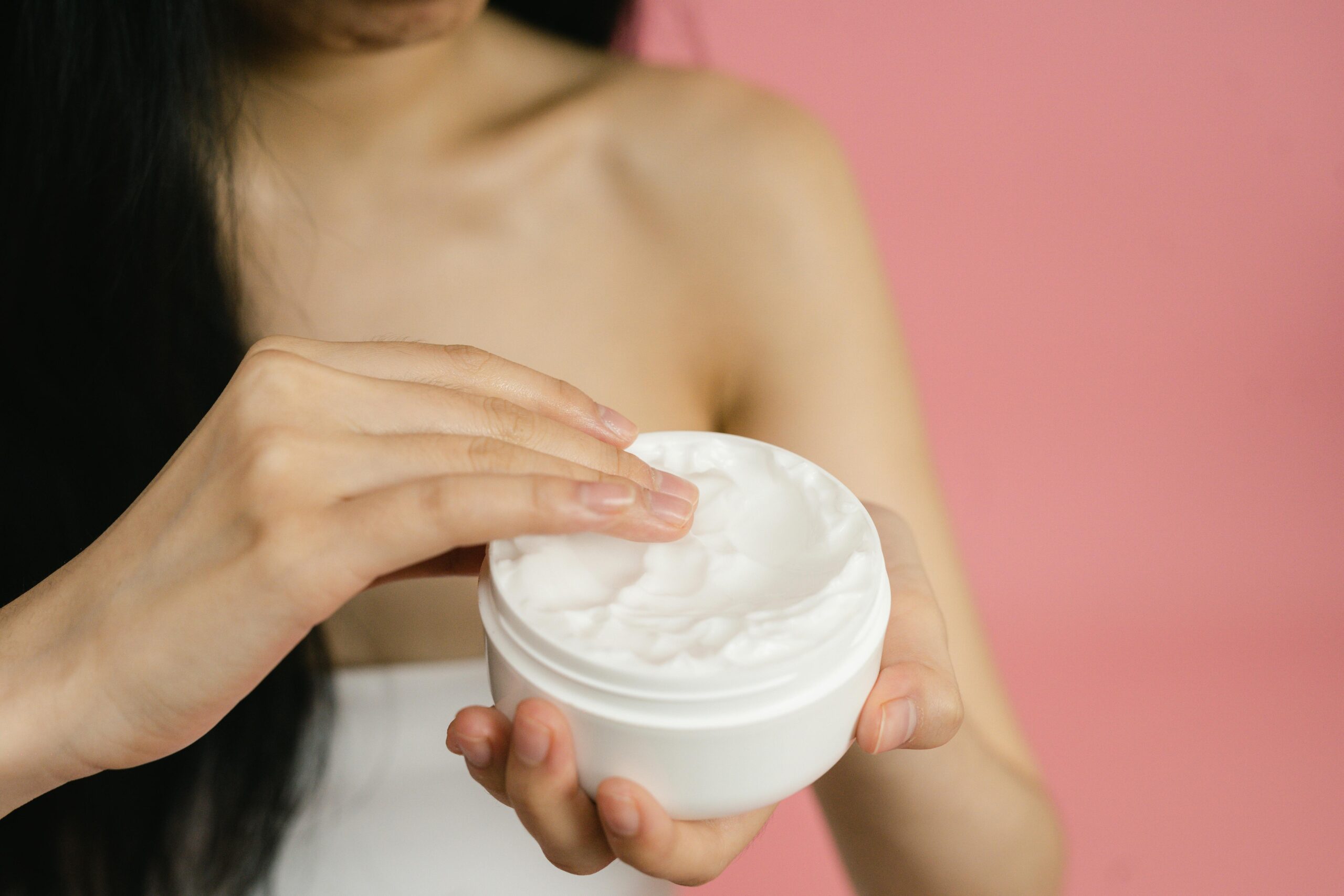
Moisturizers containing ceramides are effective for restoring the skin’s natural barrier. Ceramides are lipids that help hold moisture and protect the skin from irritants. Using a thick, cream-based moisturizer twice daily can improve hydration and reduce dryness. These products often include other nourishing ingredients like shea butter or jojoba oil.
Ceramide moisturizers are suitable for sensitive skin since they work by supporting the skin’s own structure. Applying moisturizer after cleansing and exfoliating helps trap moisture inside the skin. Many formulas are fragrance-free, lowering the risk of irritation. Consistency is key to seeing lasting improvements.
Facial Oils
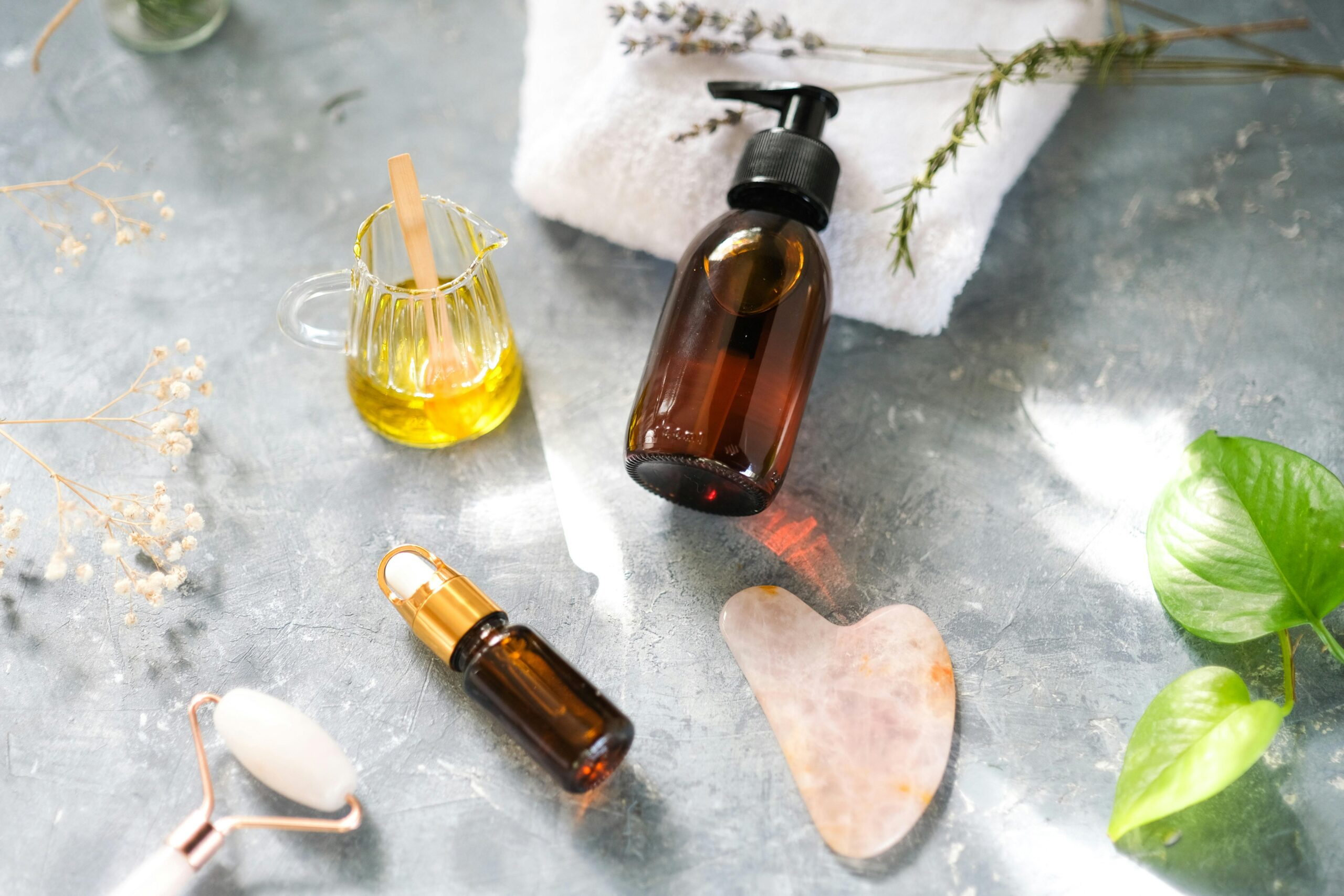
Facial oils provide an extra layer of moisture and can soothe dry, flaky skin. Oils like argan, rosehip, and marula are rich in antioxidants and fatty acids that nourish the skin. They can be used alone or mixed with moisturizer for added hydration. Applying a few drops to damp skin helps seal in moisture effectively.
Oils work well for all skin types but are especially helpful in cold or dry climates. They also help improve skin elasticity and give a healthy glow. It is important to choose non-comedogenic oils to avoid clogging pores. Facial oils can be part of both morning and evening skincare routines.
Hyaluronic Acid Serums
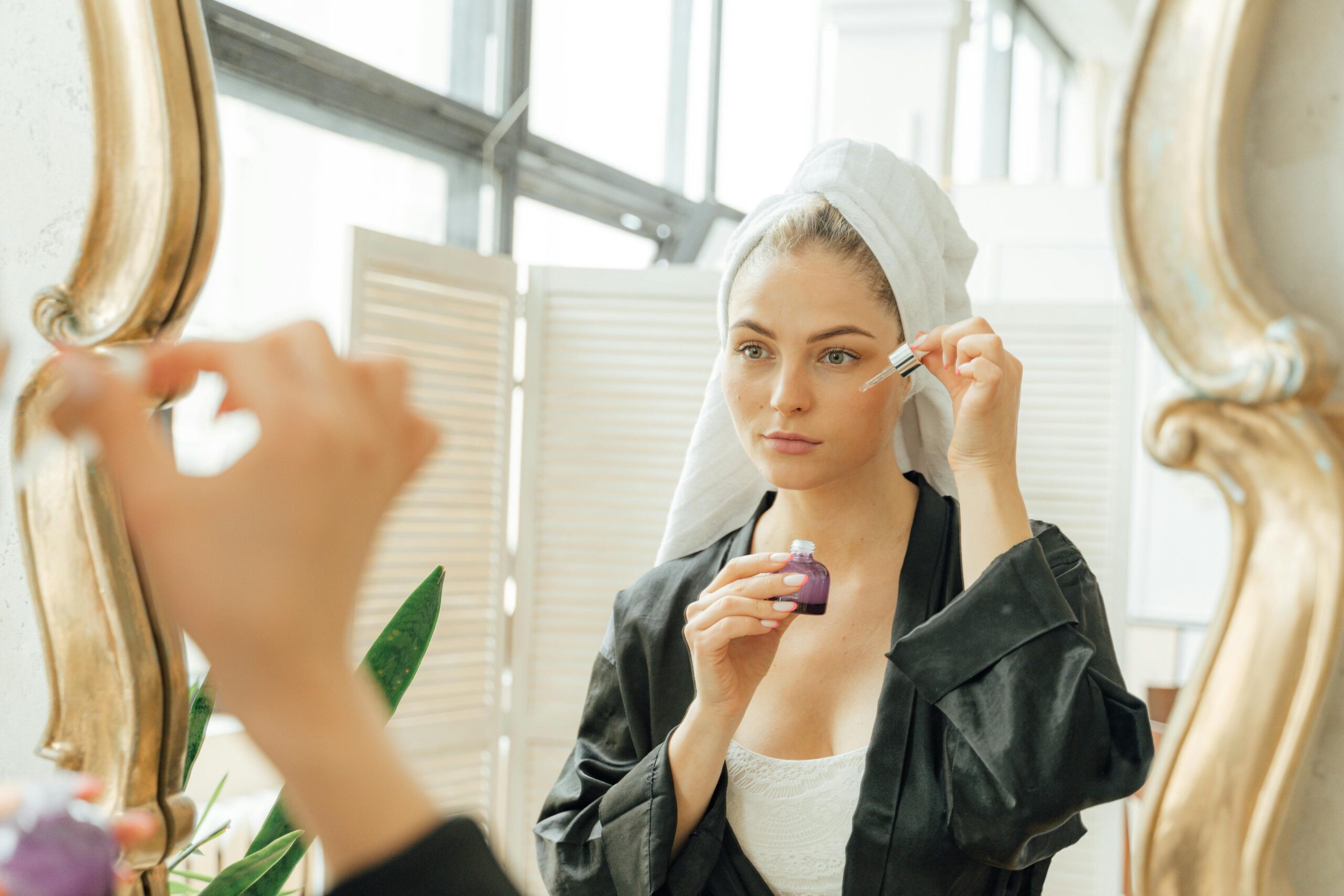
Hyaluronic acid is a powerful ingredient that holds up to 1000 times its weight in water. Serums with this ingredient attract moisture to the skin, providing deep hydration. Using a hyaluronic acid serum before moisturizing can help dry skin feel plumper and smoother. It works well under makeup and other skincare products.
These serums are lightweight and suitable for daily use. They are often combined with vitamins or antioxidants to support skin health. Applying serum on slightly damp skin improves absorption. This treatment is gentle and helps maintain moisture balance.
Overnight Hydrating Masks
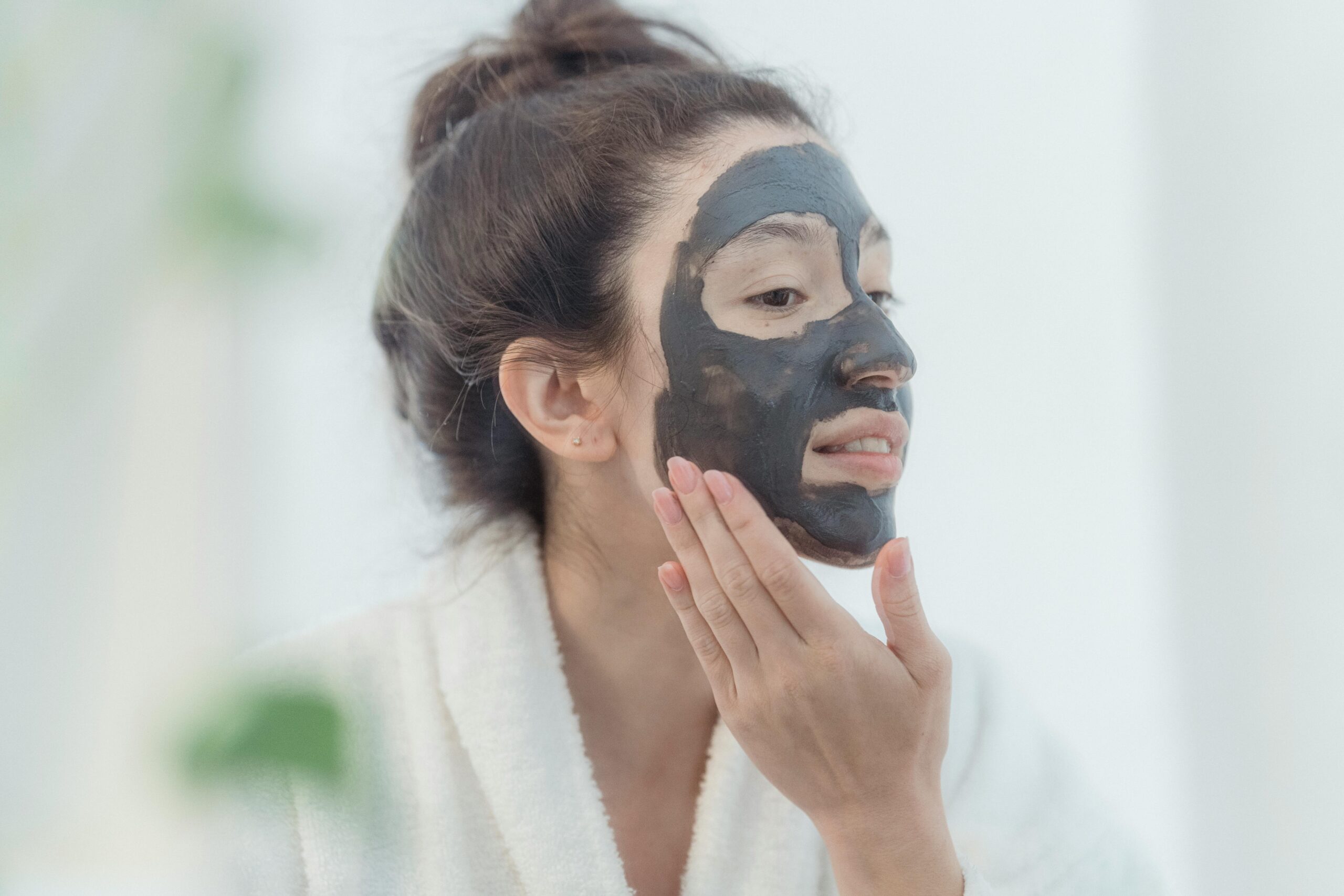
Overnight masks offer long-lasting hydration while you sleep. These treatments form a protective layer on the skin to prevent moisture loss. They usually contain ingredients like ceramides, hyaluronic acid, and nourishing oils. Applying an overnight mask once or twice a week can restore softness and reduce dryness.
These masks are designed to be left on all night, allowing active ingredients to work deeply. They are typically richer than daytime moisturizers but feel non-greasy by morning. It is best to use them after your regular nighttime skincare routine. Results become visible with continued use.
Oatmeal-Based Soothing Treatments
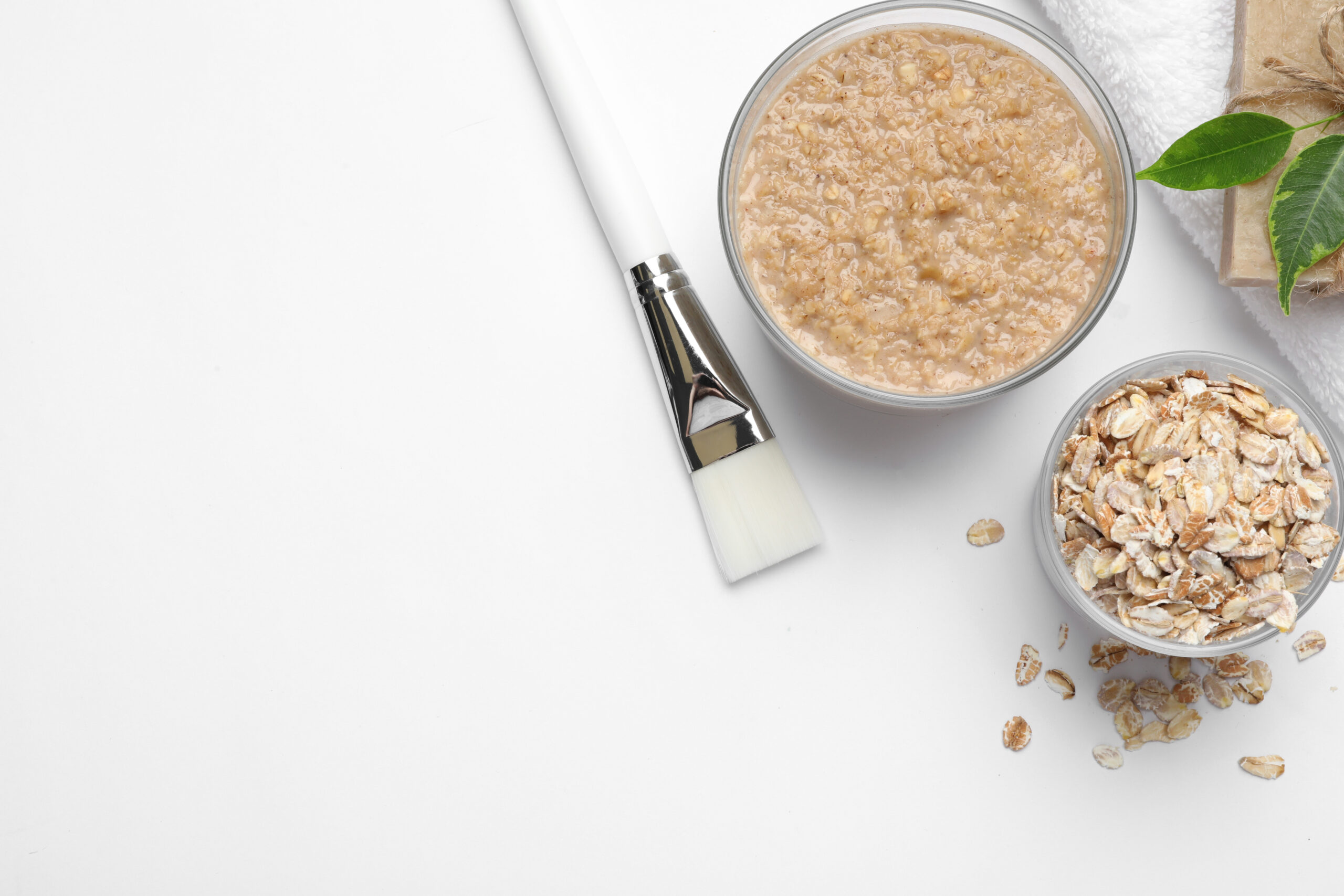
Oatmeal is known for its calming and moisturizing properties, making it ideal for dry skin. Skincare products with colloidal oatmeal help reduce irritation and redness. Oatmeal also forms a protective barrier that locks in moisture. These treatments can be found in creams, bath additives, and masks.
Oatmeal is gentle and safe for sensitive skin types. It helps relieve itching and provides relief from dryness caused by environmental factors. Using oatmeal-based products regularly can improve skin comfort. They also support the healing of minor skin irritations.
Avoiding Hot Water and Harsh Cleansers
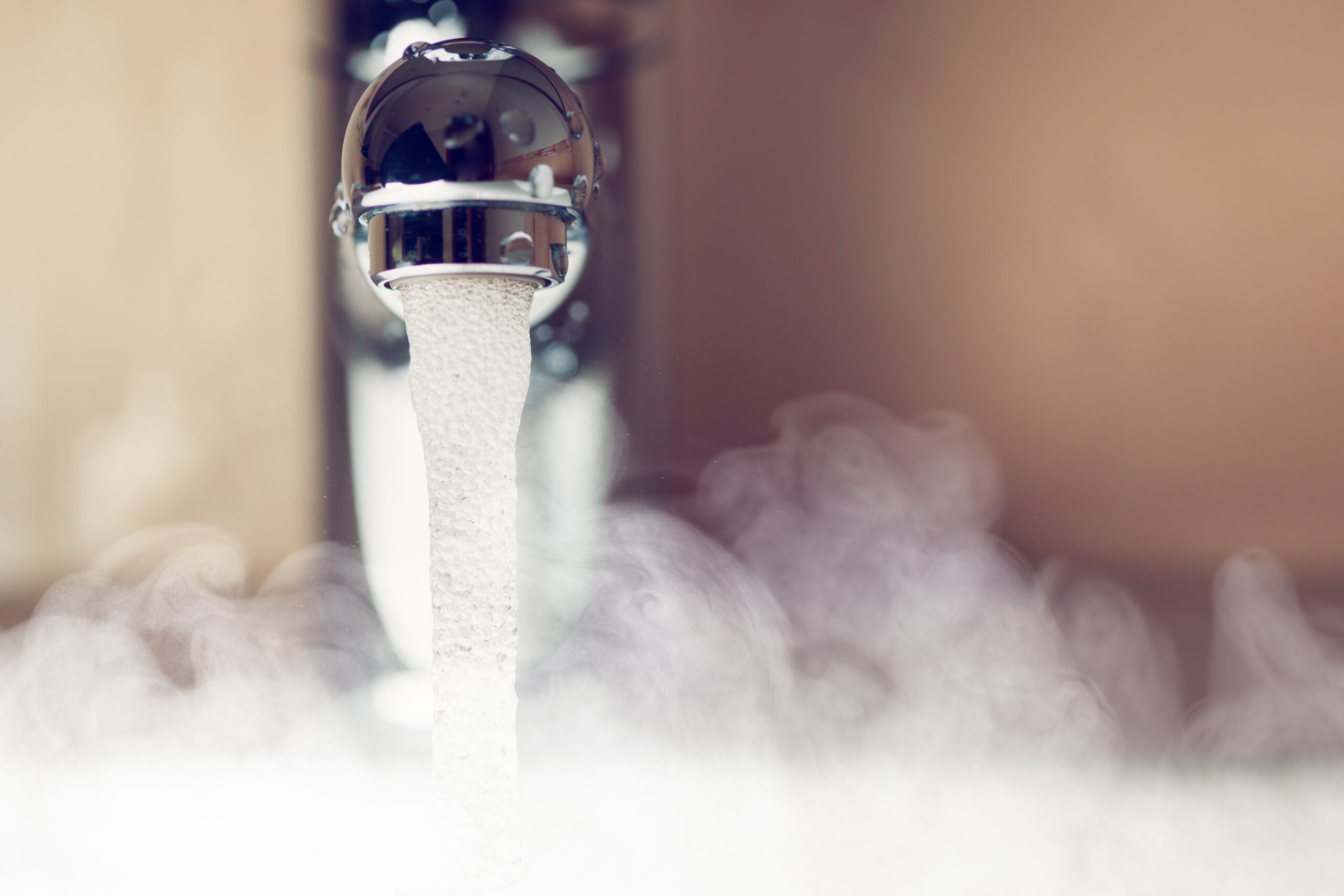
Using lukewarm water instead of hot water prevents further drying of the skin. Hot water strips away natural oils that keep the skin hydrated. Choosing gentle, fragrance-free cleansers helps maintain the skin’s moisture barrier. Cleansing should be done carefully to avoid irritation.
Harsh soaps and exfoliating cleansers can worsen dry skin and cause discomfort. Cream or oil-based cleansers are preferable for dry skin types. Washing the face twice daily is sufficient to remove dirt without over-drying. After cleansing, moisturizing immediately helps lock in hydration.
Humidifiers for Indoor Moisture
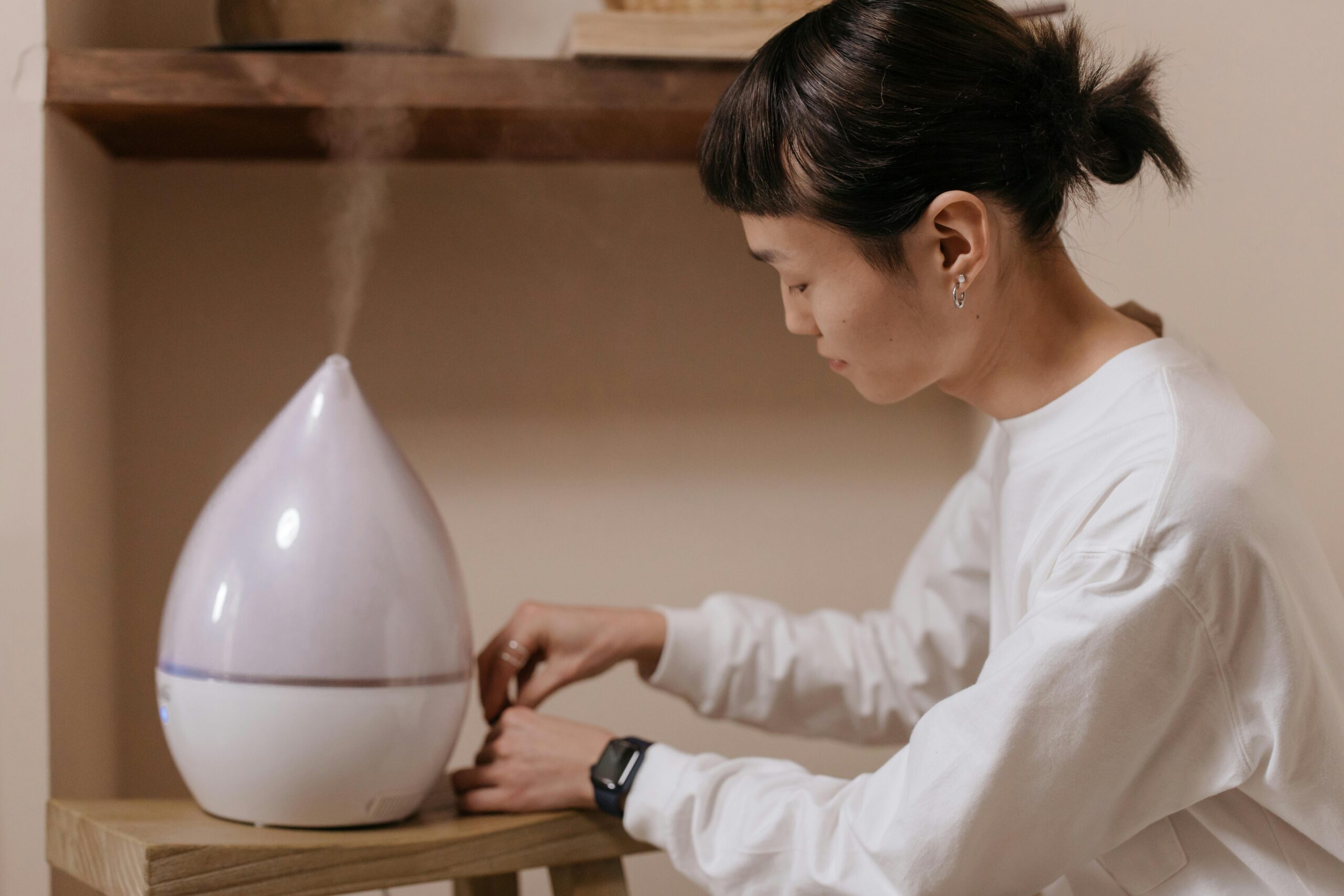
Using a humidifier adds moisture to dry indoor air, which benefits dry skin. This is especially helpful during winter months when heating systems reduce humidity. Proper humidity levels help prevent skin from losing moisture throughout the day. A humidifier can improve comfort for the entire body, not just the face.
Keeping humidity between 30 and 50 percent is recommended for skin health. Regular cleaning of the device is important to prevent mold growth. Portable humidifiers can be used in bedrooms or workspaces. They provide a simple way to reduce dryness caused by environmental conditions.
Sunscreen for Dry Skin
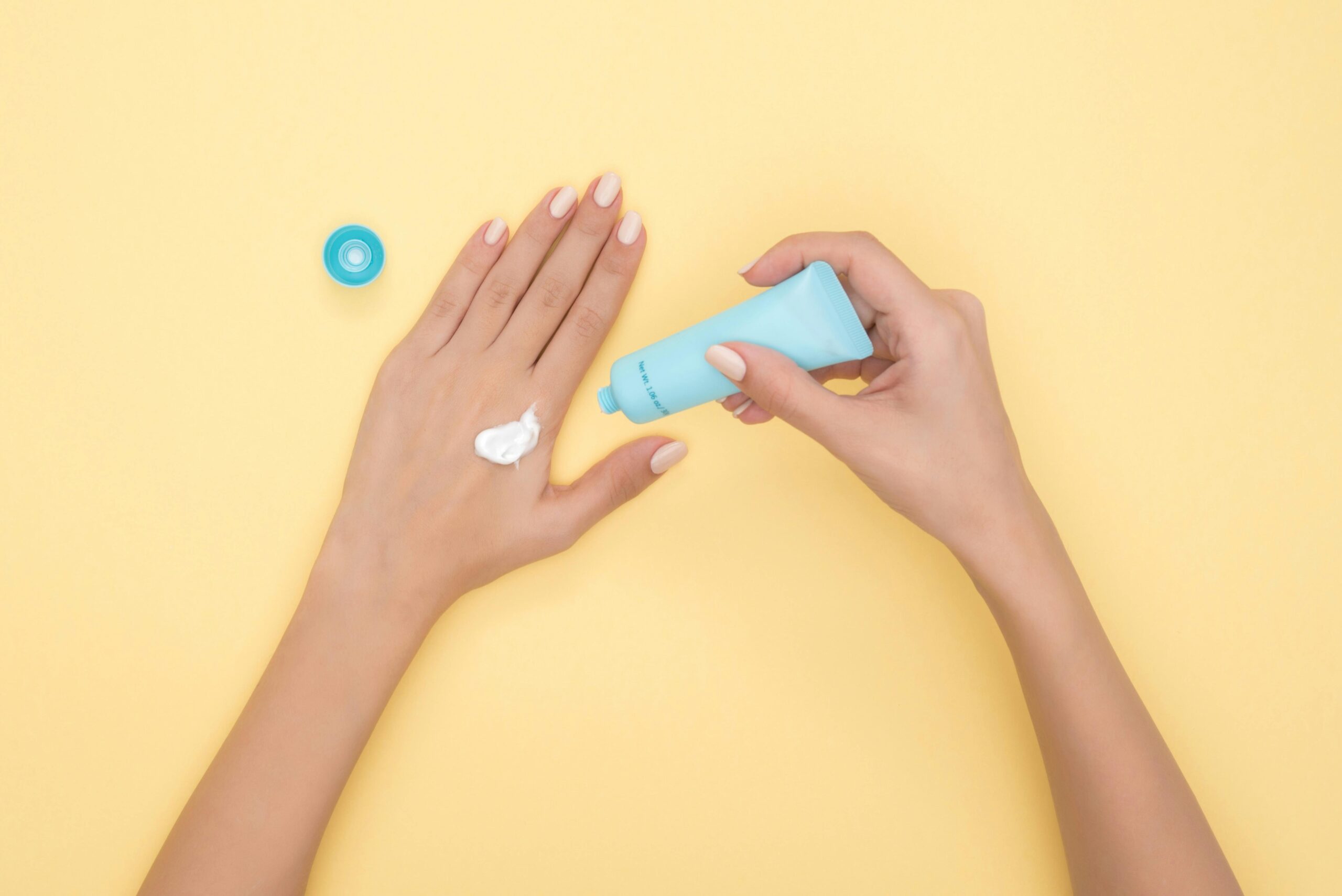
Protecting dry skin from the sun is crucial since UV rays can worsen dryness and cause damage. Sunscreens formulated for dry skin usually contain moisturizing ingredients. Using a broad-spectrum sunscreen daily helps prevent skin irritation and premature aging. Look for products that are hydrating and gentle.
Applying sunscreen even on cloudy days helps maintain skin health. Some sunscreens also include antioxidants that protect from environmental stress. It is best to apply sunscreen after moisturizing for optimal results. Reapplication every two hours is recommended when spending time outdoors.
Professional Hydrating Treatments

Visiting a skincare professional for hydrating treatments can provide targeted care for dry skin. Treatments like hydrating facials use specialized products and techniques to deeply moisturize. These sessions often include gentle massage and steam to open pores. Professionals can customize treatments based on individual skin needs.
Regular visits can help improve skin texture and restore moisture balance. Some clinics offer treatments with hyaluronic acid injections or light therapy. These options provide longer-lasting hydration compared to at-home care. Discussing your skin concerns with a professional can lead to better results.
Taking care of dry skin requires consistent attention and the right treatments to keep it healthy and comfortable. Using hydrating products and gentle routines can make a noticeable difference in how the skin feels and looks. Simple changes like avoiding harsh cleansers and adding moisturizing masks can help restore moisture. With the right approach, dry skin can become soft, smooth, and more resilient.
This article originally appeared on Avocadu.
